
Update: This article was last updated on 6th February 2025 to reflect the accuracy and up-to-date information on the page.
A group of five students was given a school project. They all had rather different ideas of how to approach the project, and it was tough at first for them to collaborate. But soon they realized they needed to combine their strength to get the project done.
They started communicating better, listening to each other actively, and contributing their unique skills. They assigned roles and responsibilities, set deadlines, and ensured everyone was on the same page. With their collaborative effort, they completed the project on time, and it was one of the best in the class.
This experience made the group understand the significance of teamwork skills in attaining success. They realized that working together requires good communication, collaboration, problem-solving, and empathy. They then continued to work on different projects, with enhanced teamwork skills, achieving even greater success.
Moonpreneur
Here are the top 10 teamwork skills every child needs:
Developing teamwork skills is essential for children as it helps them learn to communicate, work collaboratively, and build relationships with others.
1) Communication
Every child needs some life skills, especially skills for teamwork, which makes them communicate to share their thoughts and feelings, understand others, make friends, and collaborate effectively. Strong communication skills are very significant to learn, building relationships, and penetrating the world that surrounds them.
Top picks: Open Communication with Teenagers: Tips for Building Strong Relationships
2) Collaboration
That’s why children need life skills, including collaboration skills because they facilitate the working of people together. Collaboration skills are helpful to kids to share ideas, solve problems together, and get things done as a team. It’s an important tool for success at school, with friends, and later in any activity. A few examples of teamwork skills are active listening, effective communication, the ability to resolve conflicts, and the ability to support and motivate team members.
3) Active listening
Active listening improves teamwork skills because it makes people listen to their parents’ concerns when choosing the right career, showing that they care, and allowing them to learn from others. It is an important skill for effective communication, building strong relationships, and succeeding in various social situations.
Top picks: Public Speaking for Kids: Why is it important?
4) Problem-solving
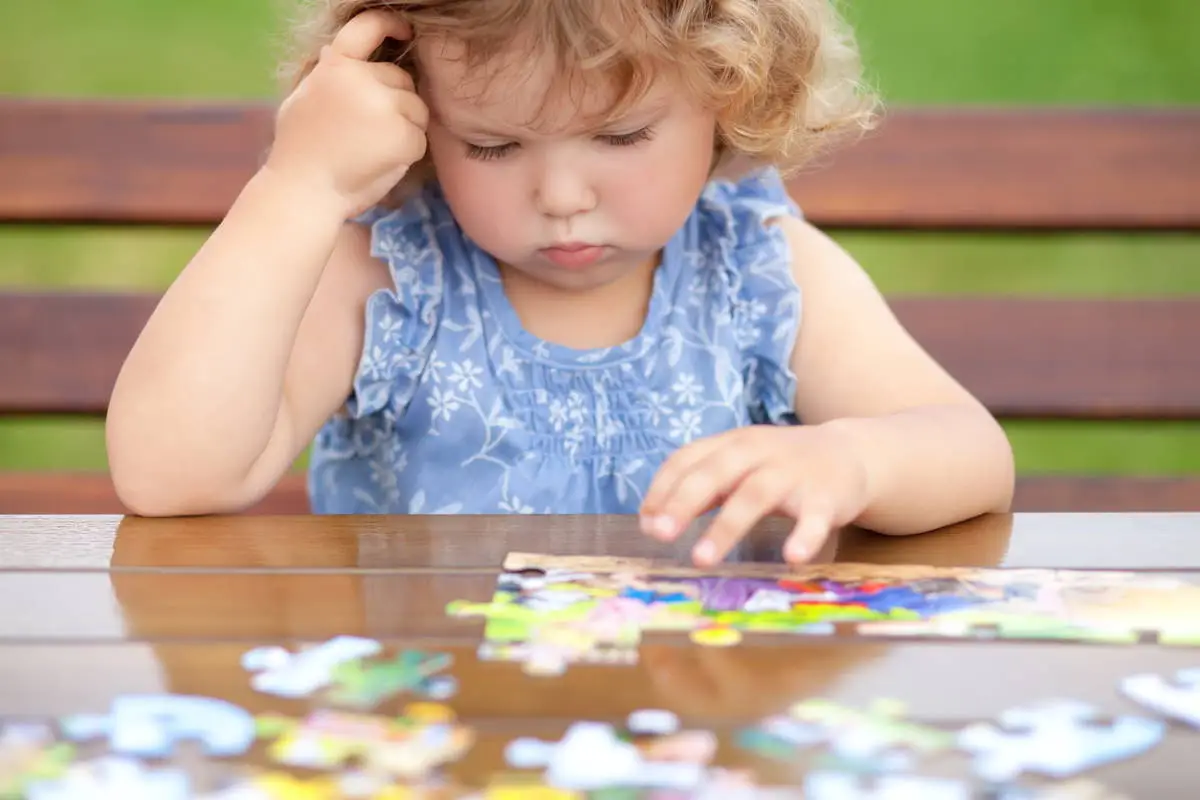
Teamwork skills enable children to think critically, make decisions, and find creative ways to overcome obstacles. It is an important learning tool that can help children deal with conflicts and prepare them to tackle many situations in life with confidence.
5) Time Management
Letting the child learn to control his time at an early age will instill a sense of responsibility and effectiveness in the child’s growth much older into more responsibilities at school and elsewhere in daily life. Adding teamwork examples to students can further enhance these skills because working together teaches their ability to manage time effectively while coordinating with others to achieve a common goal.
Top picks: 5 Tips for Kids to Master Time Management
6) Leadership
Teaching children leadership skills helps them develop more confident, responsible, and positive influencer personalities. These capabilities are beneficial in many ways outside the classroom, at school, and with friends, and they will benefit even further in their future lives. In addition, good teamwork skills will help children apply and work effectively with other persons in building good relationships and efficient problem-solving capabilities.
Top picks: 5 Leadership Activities for High School Students
7) Flexibility
Upskilling children to become versatile will bring out resilience development, the capacity to handle changes, and even positive adaptation under different circumstances. These are aspects that help kids grow personally as well as do well in a lot of their life activities. Adding teamwork examples for students can further help improve their ability to adapt since being in different kinds of groups trains them to get along, effectively communicate, and adjust to a variety of thoughts and situations.
8) Empathy
Children require empathy skills to share and understand others’ feelings. Empathy is the ability to identify and respond to the emotions of others. This skill will help children make good friends with their peers, family members, and the larger community, which leads to a more empathetic and understanding society. Some examples of teamwork skills include active listening, effective communication, and showing empathy, all of which help children collaborate better with others and build strong, supportive relationships.
Top picks: 5 Tips for Cultivating Empathy
9) Conflict Resolution
Conflict resolution skills teach children how to handle disagreements and problems in a positive manner. Such skills encompass the learning process of effective communication, listening, and finding fair solutions to any issue at hand. Good teamwork skills will ensure that children are able to work effectively in groups and create mutual respect and understanding as they work towards a common goal.
Top picks: The Power of Parallel Play in Child Development
10) Positive Attitude
What are teamwork skills?It is very important to maintain a positive attitude while working in a team, and children should be taught how to encourage and support their teammates. The positive attitude that children cultivate enables them to develop valuable teamwork skills that help improve their collaboration skills. The benefits of developing a positive attitude for children include the general welfare and success they gain from such an attitude.
Top picks: The Power of Positive Parenting: How to Build a Strong Parent-Child Bond
This is a graphical presentation of data given about the skills needed for the children.
In summary, teamwork skills are to be followed in the successful completion of every activity undertaken such as school, athletics, or in the workplace. Kids need to develop effective communication, collaboration, listening skills, problem-solving ability, time management, leadership skills, flexibility being empathetic, and maintaining an optimistic attitude.
Moonpreneur is disrupting traditional education and future-proofing the next generation with holistic learning solutions. Its Innovator Program is building tomorrow’s workforce by training students in AI/ML, Robotics, Coding, IoT, and Apps, enabling entrepreneurship through experiential learning.



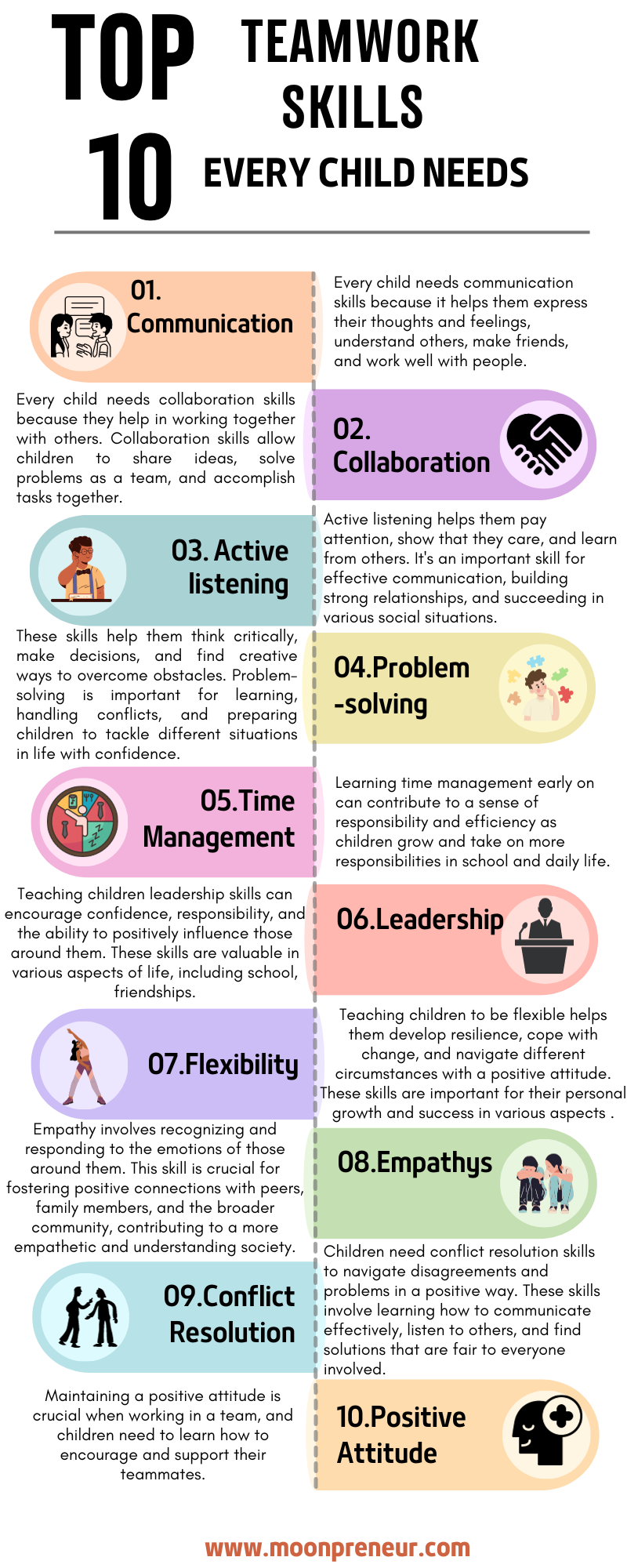
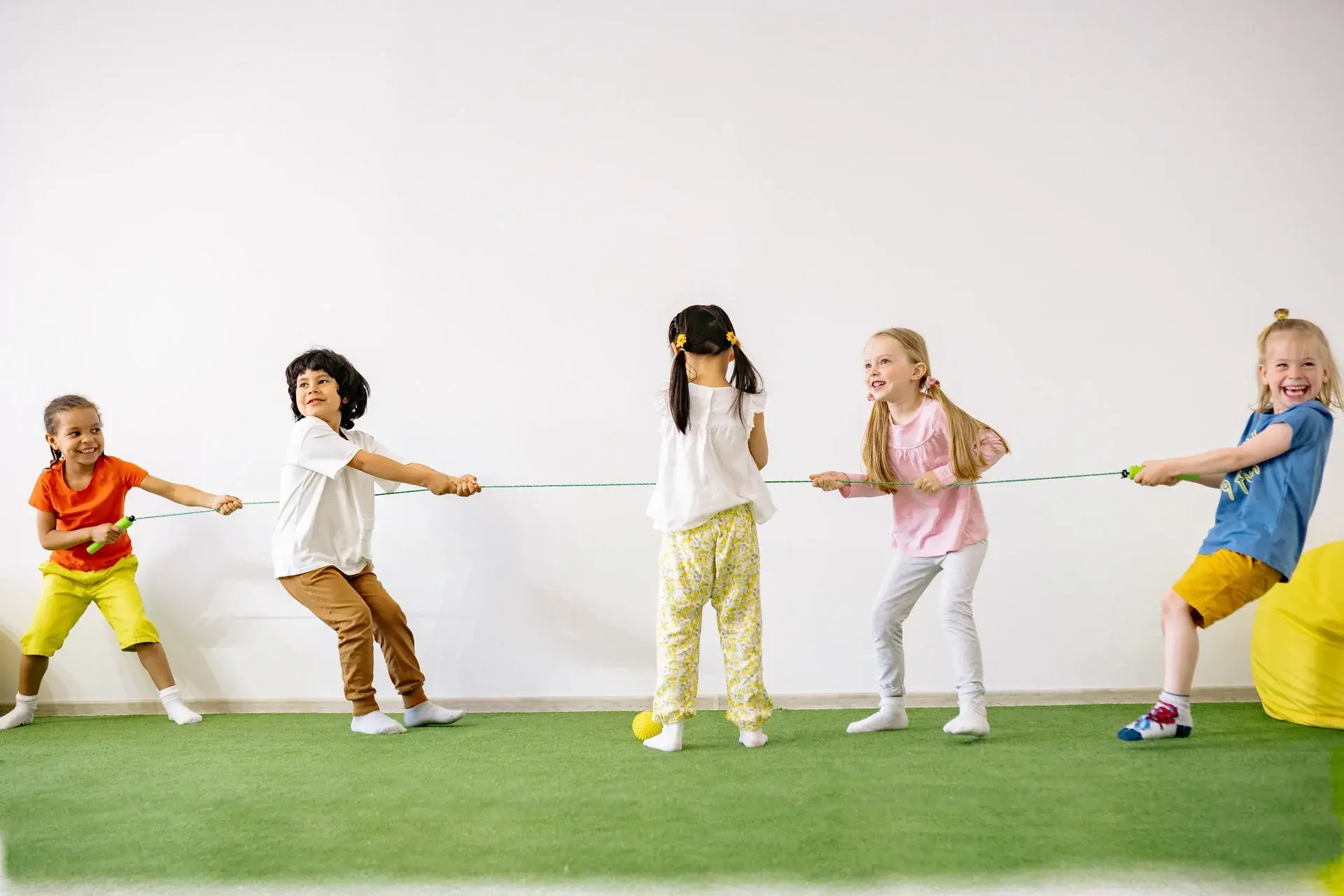

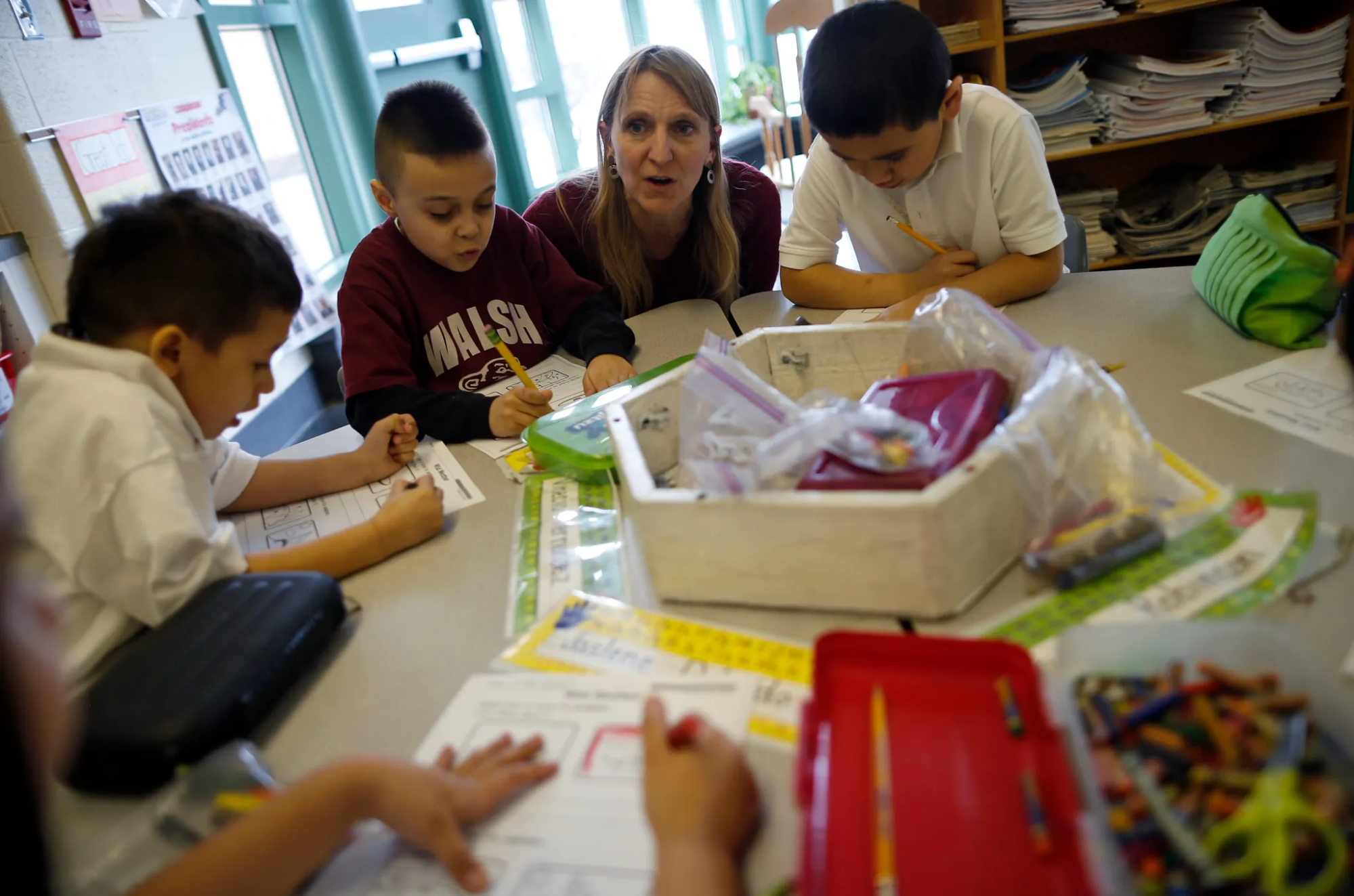


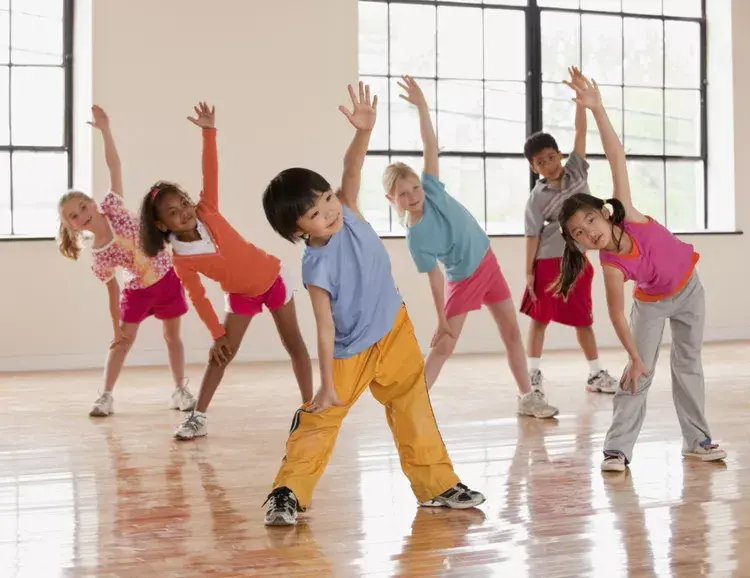



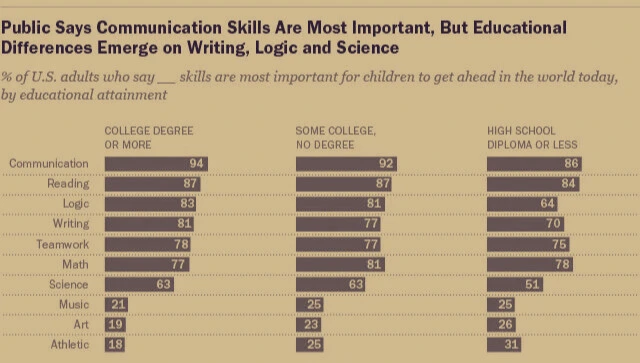






















What are some examples of activities that can help children develop teamwork skills?
Activities that promote teamwork include group projects, cooperative games, sports, creative problem-solving challenges, and community service initiatives. These activities provide a platform for children to interact, share ideas, support one another, and work together towards a common goal.
How can I as a parent and educator help children develop teamwork skills?
Parents and educators can foster teamwork skills by providing opportunities for children to participate in group activities, emphasizing collaboration and cooperation, encouraging open communication, and celebrating team achievements. Engaging children in sports, clubs, and community projects can also provide valuable opportunities for teamwork practice.
How can I find a project idea that I’m interested in?
There are a few ways to find a project idea that you’re interested in:
Brainstorm a list of your interests and skills. What are you passionate about? What are you good at?Talk to your teachers, mentors, and friends for ideas. They may have suggestions based on your interests and skills.Do some research online or in your library. There are many websites and books that list project ideas for high school students.Attend a science fair, technology fair, or other event where students can showcase their projects. This can give you some inspiration and help you narrow down your ideas.
Give me some tips for completing a successful high school project.
Here are a few tips for completing a successful high school project:
Choose a project that you’re interested in and that you think you can manage. Don’t choose a project that is too difficult or that you don’t have the time or resources to complete.Set realistic goals for your project. What do you want to achieve with your project? Break down your goals into smaller, more manageable steps.Create a timeline for your project. When do you need to have each step completed? Make sure you give yourself enough time to complete each step.Do your research. Gather all of the information you need to complete your project. This may involve reading books and articles, conducting experiments, or interviewing experts.